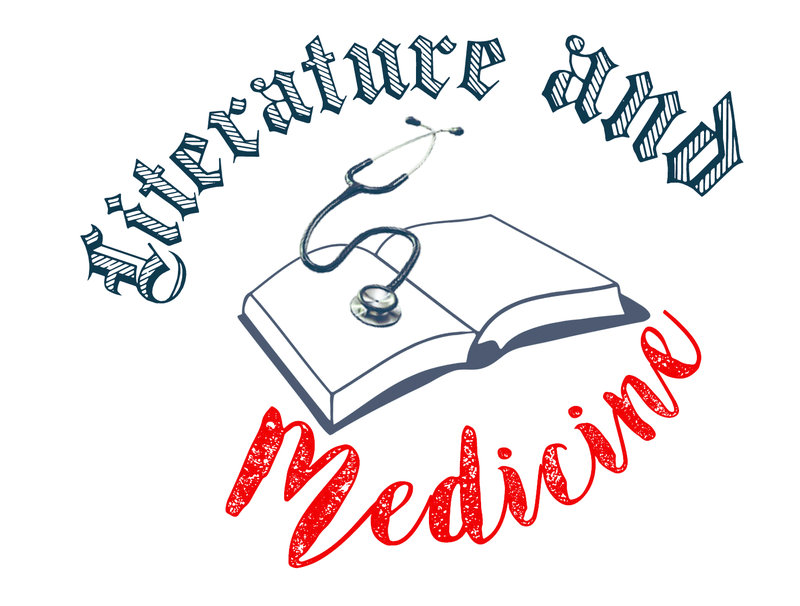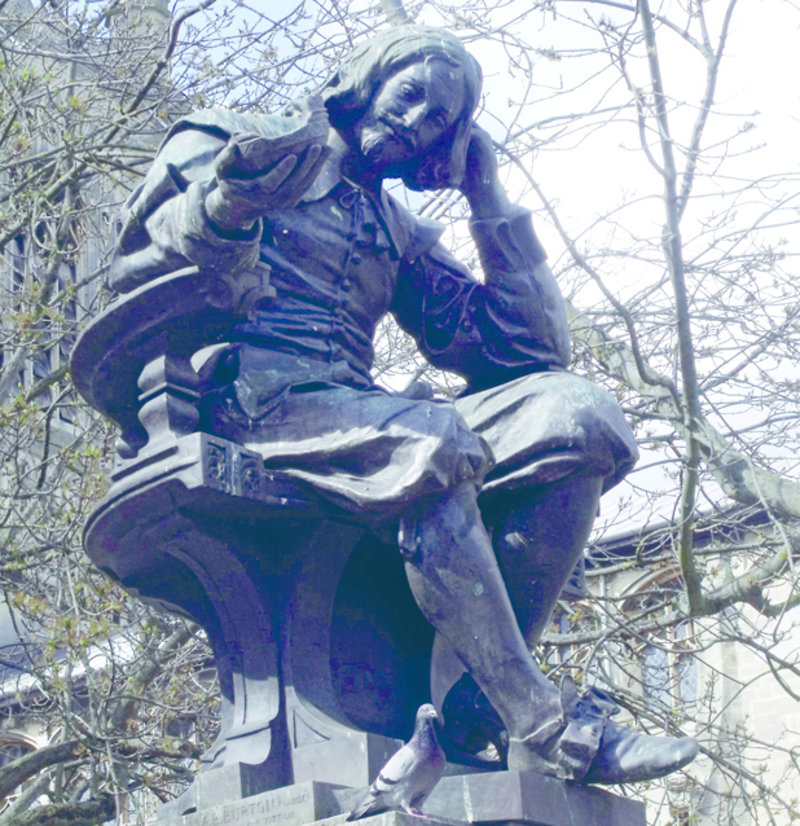books
On Vulgar Errors
If I were to tell you that, according to Jorge Luís Borges, the best prose writer in the English language of all time was Sir Thomas Browne, it would no doubt surprise many, seeing as his name hardly appears in the history of literature in the same way as Shakespeare, Dickens or Walter Scott. What's more, no doubt many of those taken by surprise will not even have heard his name before. And what may seem even stranger is that we are in fact talking about a 17th century English doctor. Later compatriots of his of the stature of De Quincey or Virginia Wolff were fervent admirers of his style. And that without his writing either epics or novels. Browne's two most relevant texts were Religio Medici (The Religion of a Doctor) and Pseudodoxia epidemica, subtitled On Vulgar Errors.
Years after the author's death, Samuel Johnson wrote his biography, which is included in the Spanish translation of his work, published by Siruela. It must be said that Dr Browne was a successful doctor. In his travels through Europe he spent time in Montpellier due to the reputation of its medical school, as well as in Italy and Holland. He was knighted by Charles II and died fairly rich when he was 77. He was an expert in languages, classical culture and history and, without doubt, was one of those unique figures who are capable of accumulating such a quantity of information that by itself inspires admiration. Browne could exhaustively list all the plants mentioned in Holy Scripture, or speak with great erudition on which fish was eaten by the Saviour and then his disciples following the Resurrection.
Dismantling false beliefs
Pseudodoxia epidemica is one of those books that is ideal for those who are a little tired of conventional literature. His aim is to dismantle false ancestral beliefs with arguments based on his own experience and the authority of the classics. It begins with a detailed study on the causes of common misconceptions, confusions, false deductions and the obstinate authority of received wisdom, without forgetting the actions of the devil as a source of falsehood. The most interesting part, and dare I say the most fun, is devoted to refuting the errors of his own time. In seven books, he launches an implacable attack on ignorance, despite at times himself falling into notable errors, such as when he denies that the Earth moves round the Sun. To give the reader just a taste of his reflections, I will mention a few subjects that the author takes on with some fervour: about whether elephants have joints or not given the appearance of their legs, whether beavers rip off their own testicles with their teeth to escape hunters, about references to the fantastical basilisk of the Bible and in the works of Pliny and Galen, or the life expectancy of deer, in some cases even longer than that of Methuselah. Has anyone ever argued that drowned men, after nine days, float face upwards while women float face down? Or whether pygmies really exist? Or that Jews have a different odour? One subject of great controversy is whether Adam and Eve had belly buttons: it would seem that they did not, even though artists have always painted them with this anatomical detail. Or the reason why black people are black: an effect of the sun, of some substance or a divine imposition from the saga of Ham? Why was the forbidden fruit in paradise an apple? Does anyone doubt that men have one rib less than women, from which the latter were generated? Or that the Countess of Holland had 150 children at one time? Obviously, Sir Thomas argued firmly that before the flood there had never been a rainbow, or that Aristotle, who had an answer for everything, committed suicide by throwing himself into the waters of the Euripides simply because he could not find a convincing explanation for ebb and flow.
All of these questions, and many others, which were dealt with by the philosophers, geographers, historians and naturalists of antiquity, give rise to a formidable quantity of prose that has gone on to awaken the enthusiasm of many readers in the centuries that followed.
*




